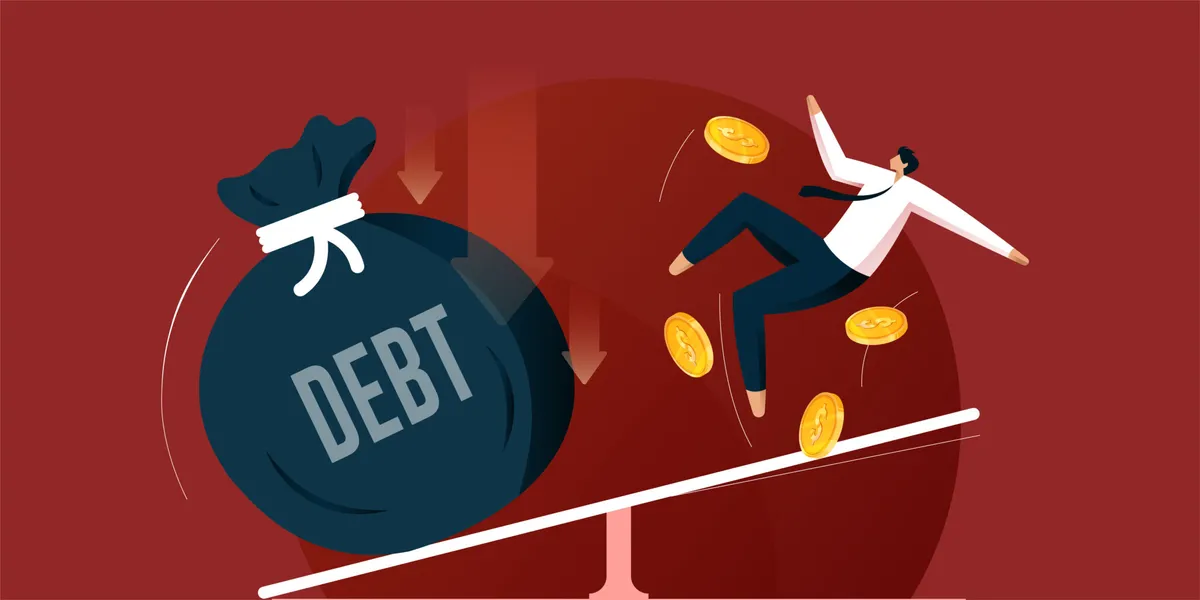Struggling with debt can be a stressful experience, especially when the fear of wage garnishment looms. Many people wonder, can my creditors really take my paycheck? The answer depends on several legal factors, including the type of debt owed, whether a court order is required, and federal and state protections. This article will explain the wage garnishment process, the limits imposed by law, and what individuals can do to protect their income.
What Is Wage Garnishment and How Does It Work?
Wage garnishment is a legal procedure in which a portion of a person's earnings is deducted directly from their paycheck to pay off outstanding debts. This is often initiated by creditors who have successfully sued a debtor and obtained a court order, though in some cases, government agencies can bypass the court system. Once garnishment begins, an employer is required to withhold a specific portion of wages and send the funds directly to the creditor until the debt is repaid.
Situations That Allow Wage Garnishment
Not all debts lead to wage garnishment, and creditors must follow legal steps before they can claim a portion of your paycheck. The process generally involves:
- The creditor filing a lawsuit for non-payment of debt.
- A court ruling in favor of the creditor and issuing a judgment.
- The creditor obtaining a garnishment order from the court.
- Your employer withholding a portion of your wages as directed by the order.
However, some debts, such as unpaid federal taxes, child support, and certain student loans, can result in automatic garnishment without requiring a court order.
Legal Limits on Wage Garnishment
Federal law establishes limits on how much of a person’s paycheck can be garnished to ensure they retain enough income for basic living expenses. Under the Consumer Credit Protection Act (CCPA), the amount that can be garnished depends on the type of debt:
- Consumer debts (such as credit cards, medical bills, and personal loans) are subject to a maximum garnishment of 25% of disposable earnings or the amount exceeding 30 times the federal minimum wage, whichever is lower.
- Child support and alimony can lead to garnishment of up to 60% of disposable earnings, or 50% if the individual is supporting another dependent.
- Defaulted student loans allow garnishment of up to 15% of disposable earnings without requiring a court order.
- Unpaid taxes can result in varying garnishment amounts depending on the individual’s tax situation and IRS guidelines.
In addition to federal restrictions, some states impose stricter limits or provide exemptions that further protect debtors from extreme financial hardship.
Can Creditors Take Your Entire Paycheck?
A major concern for debtors is whether creditors can take their entire paycheck, leaving them unable to meet basic expenses. Fortunately, legal safeguards exist to prevent this from happening. Wage garnishment laws are designed to ensure that individuals still have sufficient income to cover essentials like rent, food, and utilities. If garnishment would cause significant financial hardship, debtors may be able to challenge it in court or request a lower withholding amount.
Common Debts That Can Lead to Wage Garnishment
Certain types of debt are more likely to lead to wage garnishment than others. Some of the most common include:
- Unpaid taxes – The IRS and state tax agencies have the authority to garnish wages without a court judgment.
- Credit card debt – If a creditor sues and wins, they can obtain a garnishment order to recover unpaid balances.
- Medical bills – Hospitals and healthcare providers can take legal action to collect unpaid medical expenses.
- Student loans – Federal student loan servicers can garnish wages without a court order if payments are severely delinquent.
- Child support and alimony – Courts enforce these payments aggressively, often allowing larger garnishments than other types of debt.
Ways to Stop or Reduce Wage Garnishment
If wage garnishment is affecting your financial stability, there are steps you can take to stop or minimize its impact:
Negotiating a Payment Plan
Before a garnishment order is issued, it may be possible to negotiate a repayment plan with the creditor. Many creditors prefer voluntary payments over legal action, as lawsuits take time and resources.
Filing for an Exemption
Debtors who experience financial hardship may qualify for an exemption that protects a portion of their wages. Courts may grant exemptions based on income level, household size, or other financial obligations.
Challenging the Garnishment
If a garnishment order was issued in error, or if the debt has already been paid, a debtor can file an objection in court. Proper documentation must be provided to support the challenge.
Declaring Bankruptcy
Bankruptcy can provide relief by stopping most wage garnishments through an automatic stay. Chapter 7 bankruptcy may allow for the discharge of debts, while Chapter 13 bankruptcy enables debt restructuring.
Employers’ Responsibilities and Employee Rights
Employers are required to comply with wage garnishment orders, but they must also follow legal protections for employees. The Consumer Credit Protection Act prohibits an employer from terminating an employee solely due to a single wage garnishment order. However, multiple garnishment orders could put an employee at risk of job loss. Employees should familiarize themselves with their rights and consult a labor attorney if they face discrimination due to garnishment.
How Wage Garnishment Affects Financial Stability
The impact of wage garnishment extends beyond immediate paycheck deductions. Losing a portion of earnings can make it challenging to cover essential expenses, leading to further financial strain. Additionally, garnishment can negatively affect credit scores, making it harder to secure loans, rent housing, or obtain credit in the future.
Can Creditors Take Your Paycheck Without Warning?
Creditors generally cannot garnish wages without notice. In most cases, debtors receive legal notifications before garnishment begins, giving them a chance to respond. However, government agencies collecting unpaid taxes or student loans have more authority and may begin garnishment with little warning. Staying aware of outstanding debts and responding to legal notices promptly can help prevent sudden paycheck deductions.
Protecting Your Income From Garnishment
Taking proactive steps can help safeguard your paycheck from garnishment:
- Staying current on debts – Making timely payments prevents legal action from creditors.
- Seeking financial counseling – Credit counseling agencies can assist with debt management and negotiations.
- Monitoring court notices – Responding quickly to lawsuits can prevent default judgments that lead to garnishment.
- Exploring debt consolidation – Combining multiple debts into a single payment with lower interest can make repayment more manageable.
Conclusion
The concern of "can my creditors really take my paycheck?" is valid, but legal protections ensure that individuals retain a portion of their income. While creditors have the right to pursue unpaid debts, they must follow legal guidelines, and wage garnishment is subject to strict limits. Understanding your rights, negotiating with creditors, and exploring legal options can help prevent or minimize wage garnishment. Seeking professional financial advice and staying proactive with debt management can help individuals regain financial stability and protect their earnings from unnecessary deductions.

